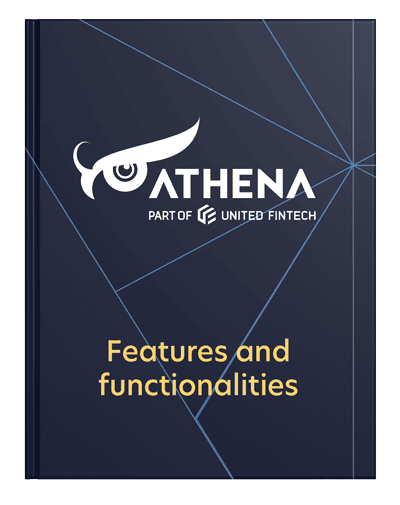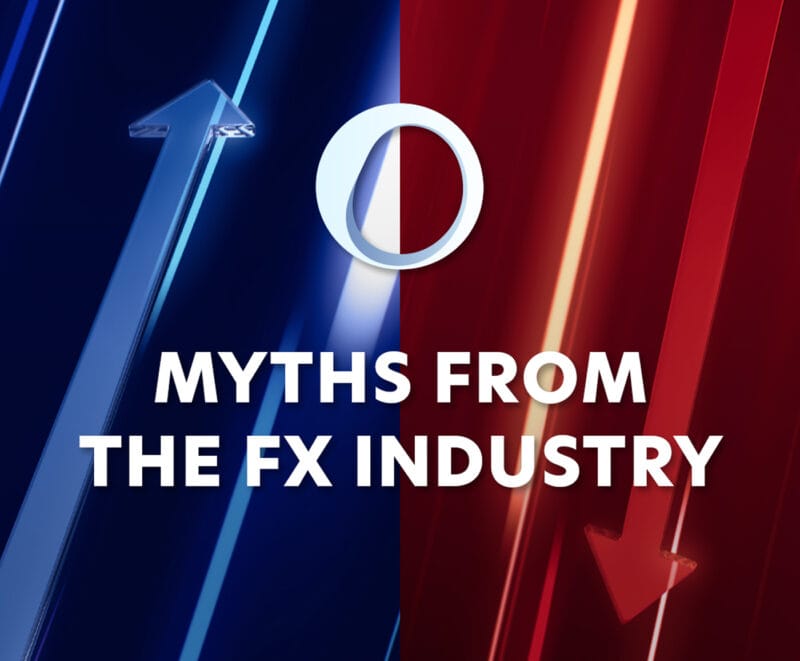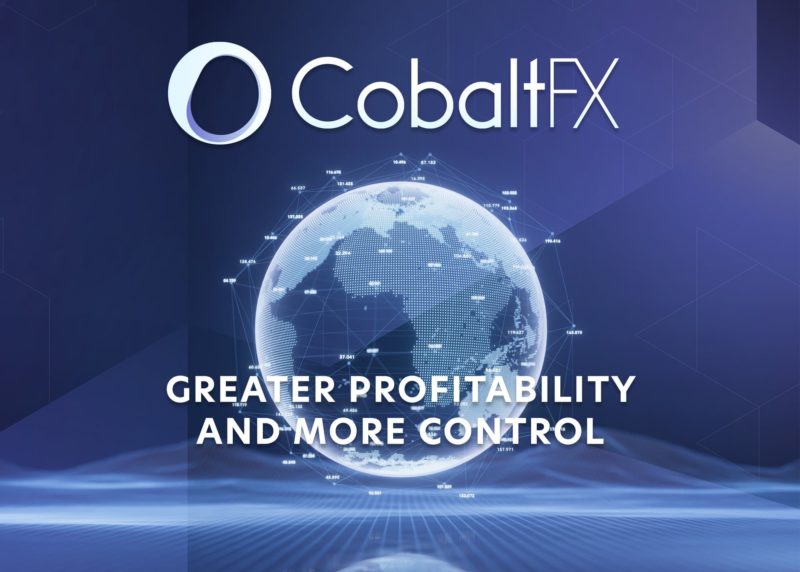This is part two of our series on DeFi. Read part one here.
2022 may be the year that capital markets finally get to put the latest tech to the test.
While modern digital technologies have heralded a new era of interoperability, real-time communication, and transparency in other industries, things in the financial sector are a bit more complicated. Governmental regulation, cross-border restrictions, and security and privacy laws make it more difficult for institutions to share data and other resources.
But technology seems to have finally caught up with the heightened requirements of the finance sector. Distributed ledger technology — more commonly known as blockchain — holds the key to next-generation security, record-keeping, and communication, and capital markets are ready to take advantage.
Decentralized finance and capital markets
Decentralized Finance, or DeFi, is an emerging ecosystem of financial services, programs, and protocols based on distributed ledger technology. DeFi makes financial products and services accessible to users without the need for a centralized authority like a bank or government-backed currency.
Through the use of smart contracts — code-based, self-executing agreements between two parties — transactions are automatically executed outside of the traditional banking or regulatory environment.
Looking for a partner in digital transformation? United Fintech empowers financial institutions to thrive and compete in the digital era.
DeFi has a host of potential applications, especially within capital markets. In this space — which focuses primarily on long-term investment opportunities — debt, securities, and other financial instruments are traded between those who need large amounts of capital and those who possess excess capital.
Blockchain is known for its unique ability to facilitate coordination between multiple parties by recording and maintaining a single, immutable ledger of transactions, making it a convenient addition to many capital markets use cases, including asset ownership and management, regulation and security, and trading exposure and clearing.
Top three challenges in capital markets
According to the World Economic Forum, many of the biggest challenges facing capital markets today revolve around the recent shifts in both digital technology and the composition of its participants.
- Greater accessibility of public markets
While historical access to capital markets was highly regulated and exclusionary, digital technology has significantly increased the accessibility of trading and investing for a whole new generation of retail investors. This same technology makes it easy for new investors to join the market and allows individual and retail investors to access private market investment opportunities.
While generally considered a positive development, this influx of new investors means new layers of risk and volatility, as well as opportunity.
- Heightened concern for digital security
Market participants continue to demand faster execution speeds, real-time access to information, and full transparency, forcing capital markets firms to adopt rapidly-developing new digital technologies. This rapid growth can outpace their ability to manage their own cybersecurity and data management.
- Shifting roles and fintech niches
The rise of niche fintech services is set to disrupt legacy financial firms, forcing them to recalibrate their own set of core services and seek partnerships with their fintech competitors. As user bases become more diversified, partners and subsidiaries are set to become even more personalized in their quest to attract and retain investors.
DeFi’s key use cases in capital markets
If we condense all the challenges within capital markets, they might boil down to this: inefficiency caused by lack of trust in disconnected systems.
For example, today companies are responsible for vetting and verifying each new investor’s identity and compliance with regulatory requirements. These checks — KYC (Know Your Customer) and AML (Anti-money Laundering) — are fundamentally identical everywhere. Yet, due to the lack of interoperability, each company has its own methods and procedures for fulfilling these obligations.
For investors, this poses a barrier to entry for each new market. For capital markets firms, this represents a redundancy of effort.
DeFi offers a simple solution.
Through digital signatures, or cryptographic hashes, users can prove their identity and receive authorization once and submit that as evidence of their qualifications on all future applications. Even better, this process protects personally identifiable information, only sharing what is absolutely necessary to authorized parties.
According to Goldman Sachs, this new workflow could reduce costs by $160 million annually.
Should banks view fintechs as a cause for rivalry or collaboration? Read why we think both can thrive in the world of finance if they join forces.
If you extend this example, it’s easy to imagine a system in which clearance, settlement, and payment are handled by programmable smart contracts, eliminating the need for manual checks and lengthy escrow processes. This also breaks down many of the barriers currently present in international trade, making global investment more seamless and accessible than ever before.
The future of capital markets
As DeFi works to make the capital markets industry more interoperable, it’s inevitable that the ecosystem will change. Instead of regulators and legacy financial institutions taking the lead, fintech upstarts are likely to make bold challenges, particularly in niche areas such as instantaneous clearance and settlement, crypto-trading and NFTs, and security and AML protections.
The goal of legacy firms should not be to compete with these new entrants, but rather to embrace a partnership model, promoting a “best of both worlds” mentality.
Capital markets firms can outperform their competitors by wisely selecting key collaborators and focusing in-house resources on key service areas while delivering top performance to their clients.
About United Fintech
United Fintech offers the best fintech products on one central platform. We enable banks and financial institutions to access innovative digital technologies — including real-time data, trading charts, and financial news — by partnering with engineering-led fintech companies with proven capital markets products.
Learn more at https://unitedfintech.com/












